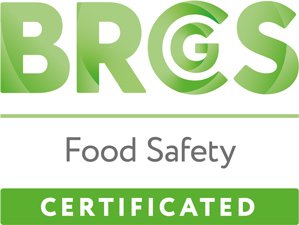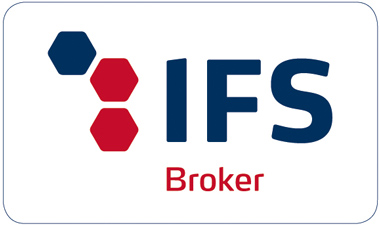Food Safety, Sustainability & Certificates
(BRC, IFS, Organic)
CERTIFICATES
BRC Certificate (05/04/2024 until 20/04/2025)
IFS Certificate (05/04/2024 until 03/05/2025)
Organic Certificate (19/06/2023 until 30/12/2024)
Food Safety
Good Agricultural Practices – G.A.P.
At Berrymark we take food safety very seriously. We request all our growers and packers to utilize the (G.A.P.) Good Agricultural Practices.
In order to avoid and reduce potential risks of contaminations.
Good Manufacturing Practices – G.M.P.
All our packers are on regular bases visited by Berrymark and are subject to regular third-party audits and inspections following the Good Manufacturing Practices – G.M.P.
This to ensure correct and hygienic food processing procedures.
Traceability
All the Berrymark fruits are traceable during every stadium: production, packaging, storage, shipment, distribution, … . We know from where the fruit originates and we ensure this also to our customers. All boxes/paper bags are labeled/printed with full “Identification of the goods” and an “Item Code Description of product & packaging”. We are supported in this process with a fully implemented ERP software.
Certifications Berrymark and our packers











Sustainability
Vision:
For Berrymark the impact of cultivating, processing, handling and trading fruits on the nature and the local environment, must be done wise full and as limited as possible.
Principles:
Our approach to business is guided by commitments to the following principles: Transparency, Drive Change, Business Ethics, Integrity and Continuous Improvement.
Important Issues:
Our business faces many challenges and opportunities. Due to their direct impact on us and our stakeholders, we have prioritized the following issues that need to be addressed: Climate change, water conservation, health and safety, lean supply chain, financial solvency.
Objectives:
As we believe that we can make a positive human impact on the diverse people we deal with, we commit to:
- Minimize environmental impacts in the areas of waste, water, energy and air quality (waste recycling, water recuperation, solar energy on our central coldstore in Belgium, …).
- Ensure our supply chain has responsible social and environmental practices (central warehouse & direct deliveries as much as possible).
- Create innovative approaches to minimize negative environmental impacts, improve economic bottom lines and integrate the social elements in to delivering meetings (biodiversity on the farm, organic fruits).













